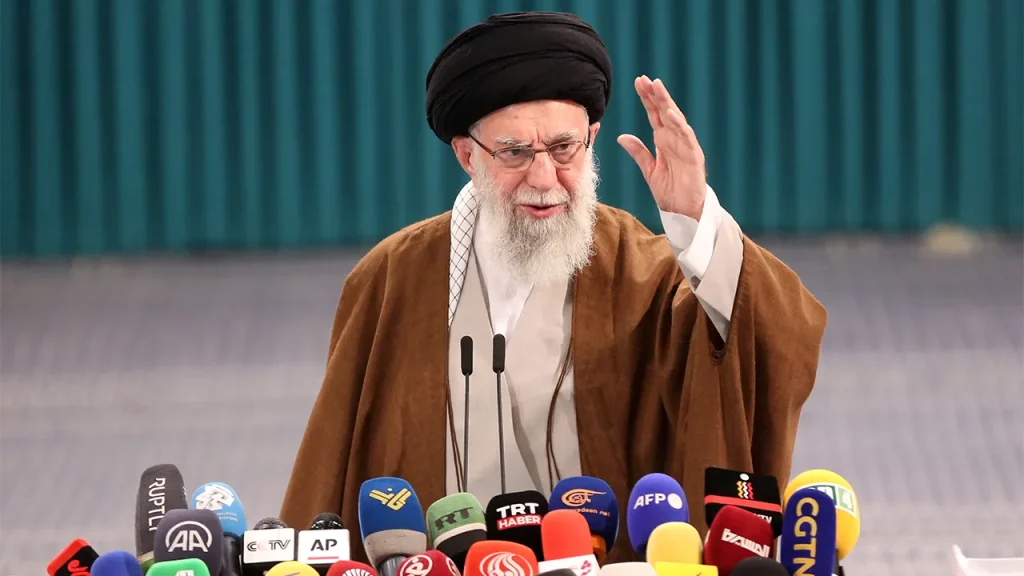Iranian Supreme Leader Ali Khamenei expressed strong condemnation and vowed to seek revenge after Hamas leader Ismail Haniyeh was assassinated in Tehran. Khamenei described Haniyeh as a martyr who was willing to sacrifice his life for the Palestinian cause. He emphasized that Iran sees it as their duty to take revenge for the attack. The Iranian government announced three days of mourning following the assassination. The incident is currently under investigation, and no details have been provided on how Haniyeh was killed.
Israel was quickly blamed for the assassination, although they did not immediately comment on the situation. The Israeli government had previously pledged to target Haniyeh and other Hamas leaders in response to a recent attack by the terrorist group on Israel. Prime Minister Benjamin Netanyahu is convening a security assessment hearing in response to the assassination and is increasing security for Jewish institutions around the world. The United States government, through Defense Secretary Lloyd Austin, stated that it would support and defend Israel if they were to come under attack.
Hamas officials condemned the assassination, viewing it as a grave escalation by the Israeli government. They believe the attack was intended to weaken the resolve of Hamas and the Palestinian people. More than 39,000 Palestinians have been killed and over 90,000 wounded in the ongoing conflict in Gaza, according to the Hamas-run Gaza Health Ministry. The international community has expressed concern over the escalated tensions in the region and urged for a peaceful resolution to the conflict. Foreign governments have joined in condemning the attack on Haniyeh and called for restraint to prevent further violence.
Prior to his assassination, Ismail Haniyeh was in Tehran for the swearing-in of Iranian President Masoud Pezeshkian. Iranian President Ali Khamenei had met with Haniyah and another Palestinian official during his visit to Tehran. Haniyeh had a long history of involvement with Hamas and was prepared to sacrifice his life for the cause. His death has sparked outrage and calls for justice from both Iran and Hamas supporters. The incident has further heightened tensions in the already volatile region, with fears of retaliatory actions from all sides involved in the conflict.
The assassination of Ismail Haniyeh has brought renewed focus on the ongoing conflict between Israel and Hamas, with both sides preparing for potential further escalations in violence. The situation remains tense as the international community watches closely for any signs of further aggression. The assassination has further complicated efforts to achieve peace in the region and has raised concerns about the impact on civilian populations caught in the crossfire. The need for de-escalation and diplomatic negotiations is crucial to prevent further loss of life and ensure stability in the region.
As the world mourns the loss of Ismail Haniyeh and the tensions between Israel and Hamas continue to rise, the need for dialogue and peaceful solutions is more critical than ever. The international community must come together to address the root causes of the conflict and work towards a sustainable peace agreement that addresses the legitimate concerns of both sides. The tragic assassination of Haniyeh serves as a stark reminder of the human cost of the ongoing conflict and the urgent need for all parties to prioritize diplomacy and dialogue in order to prevent further bloodshed and promote stability in the region.


